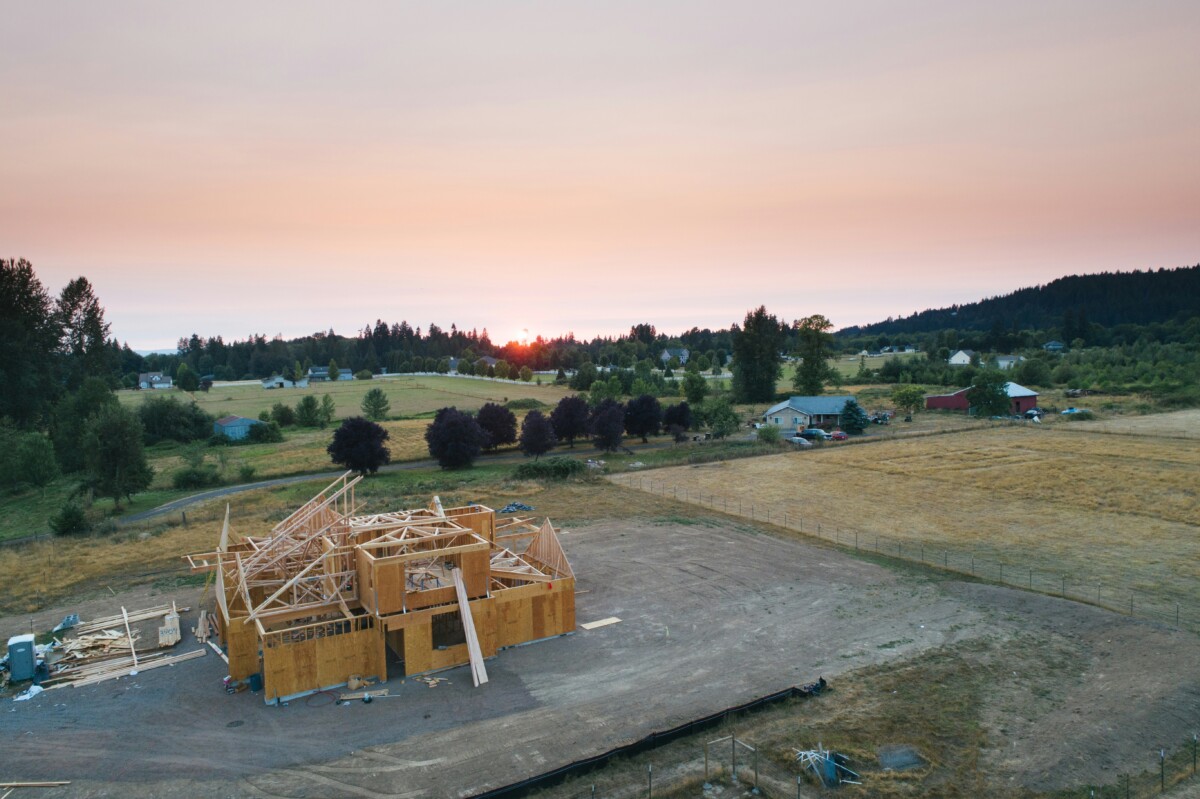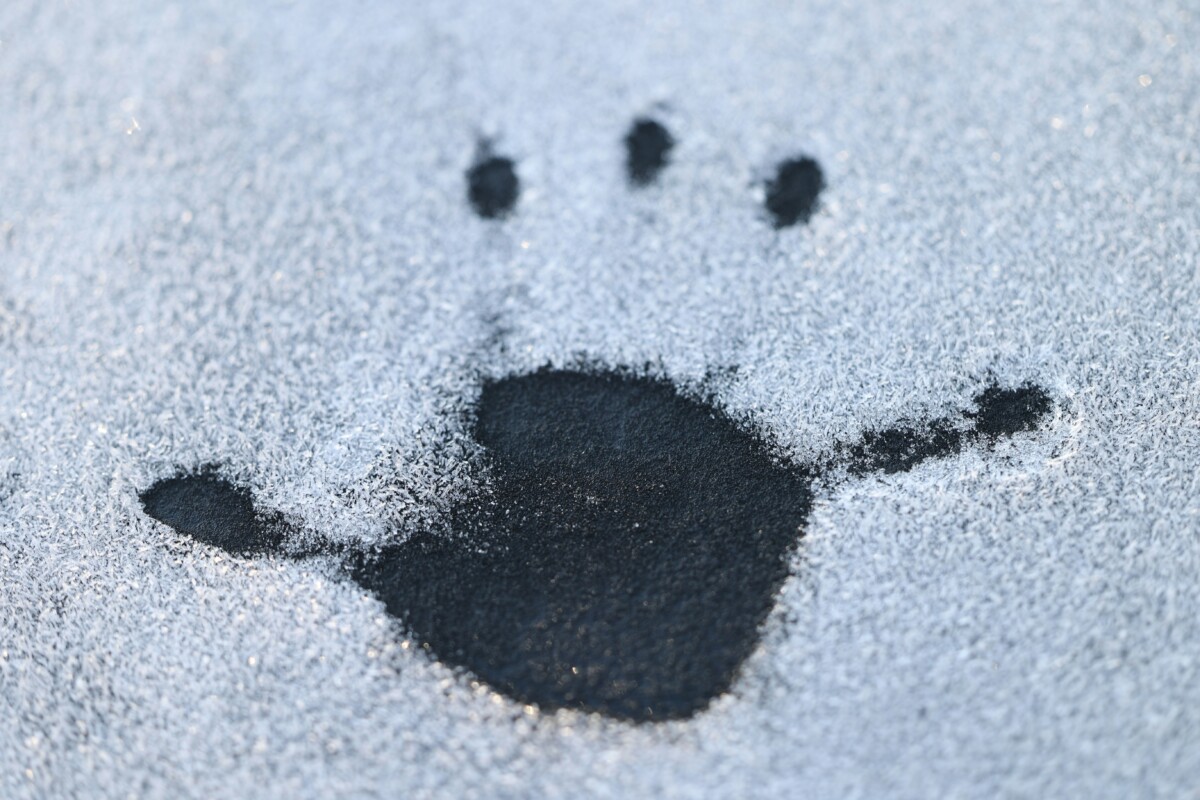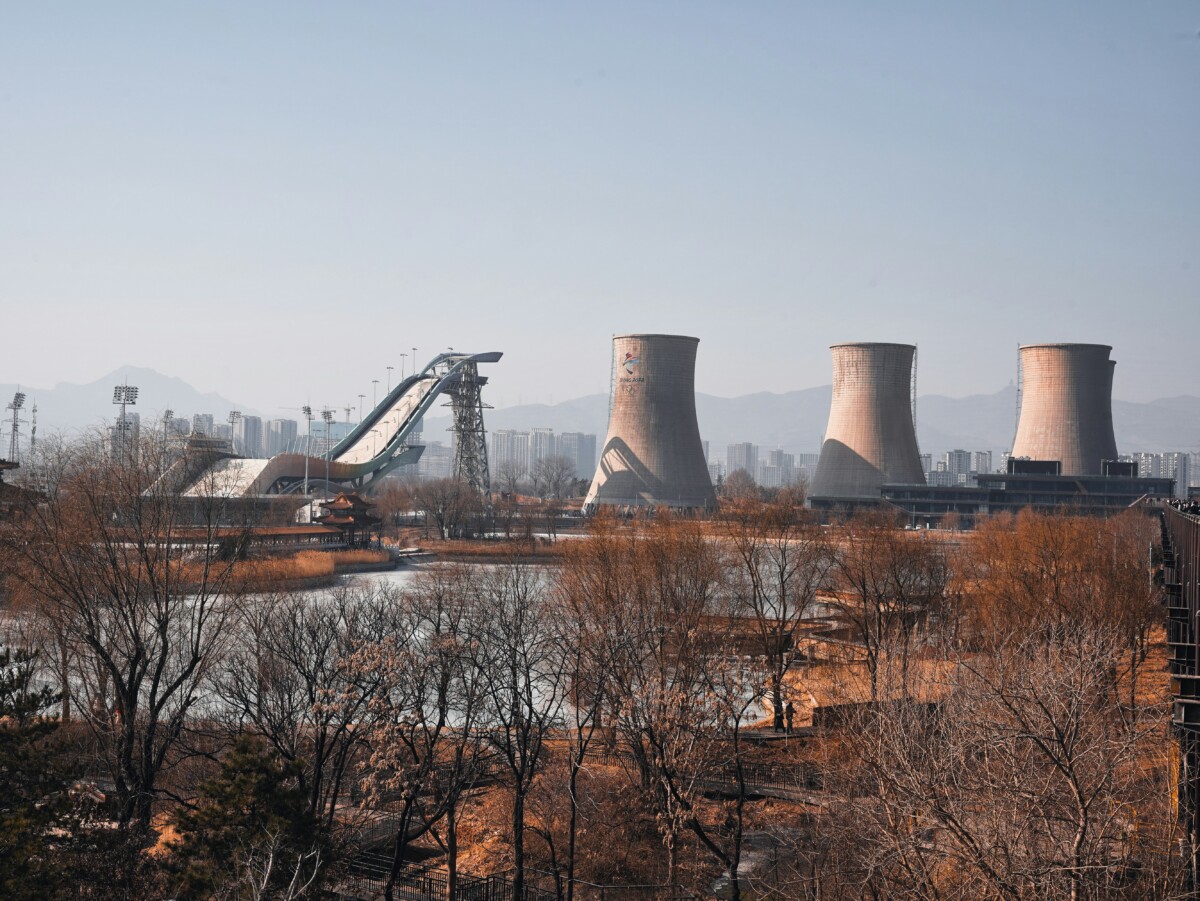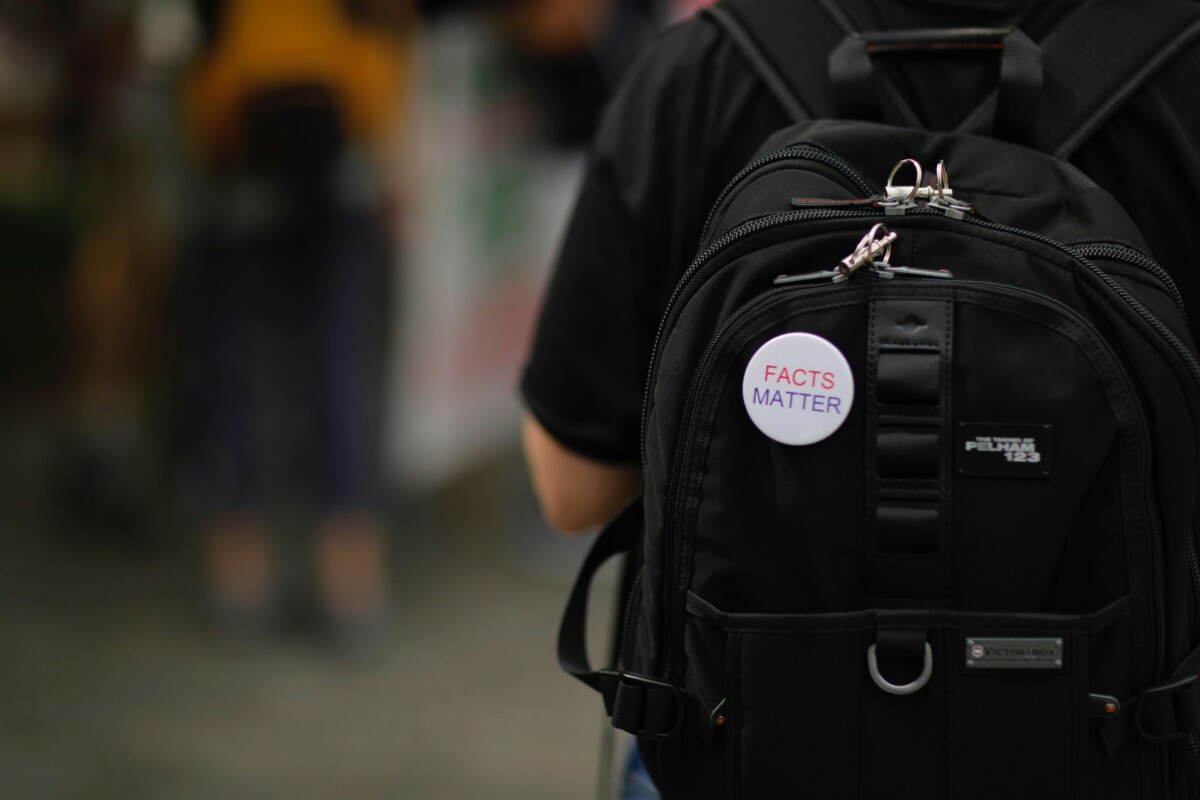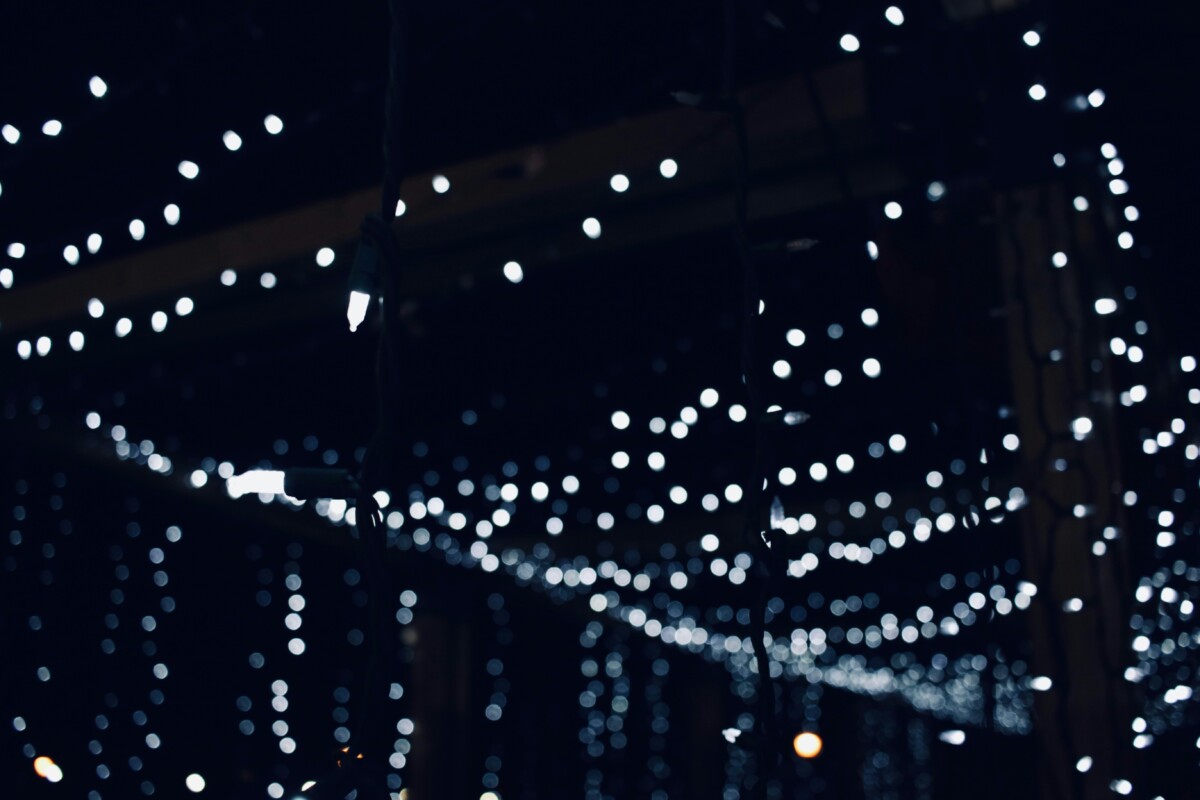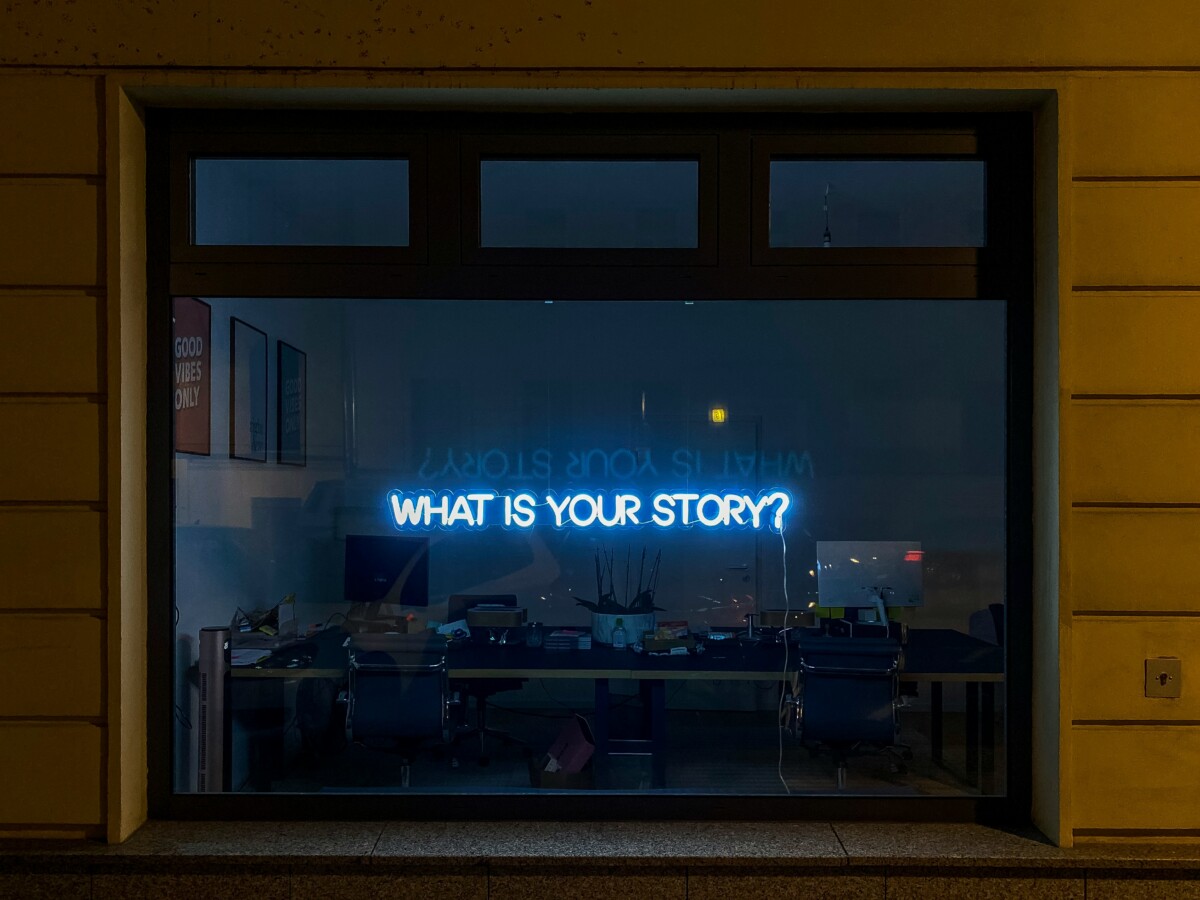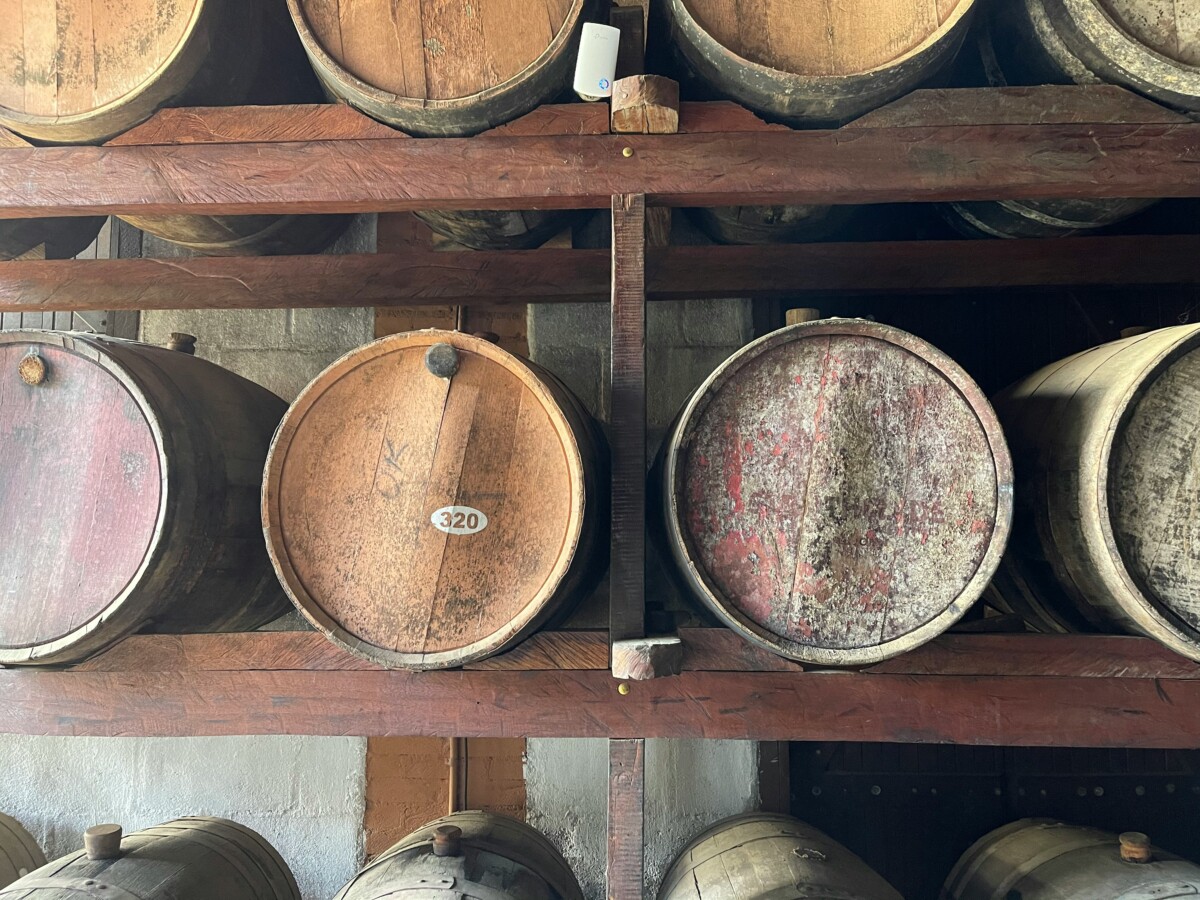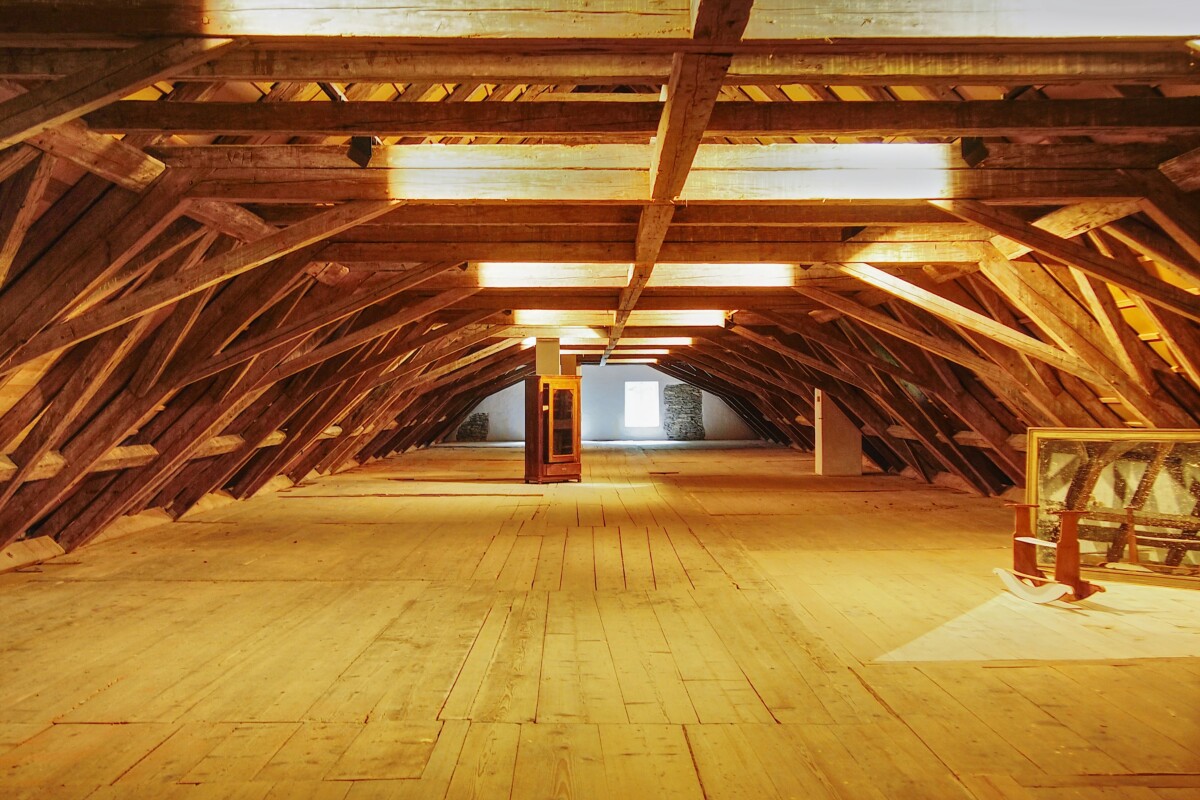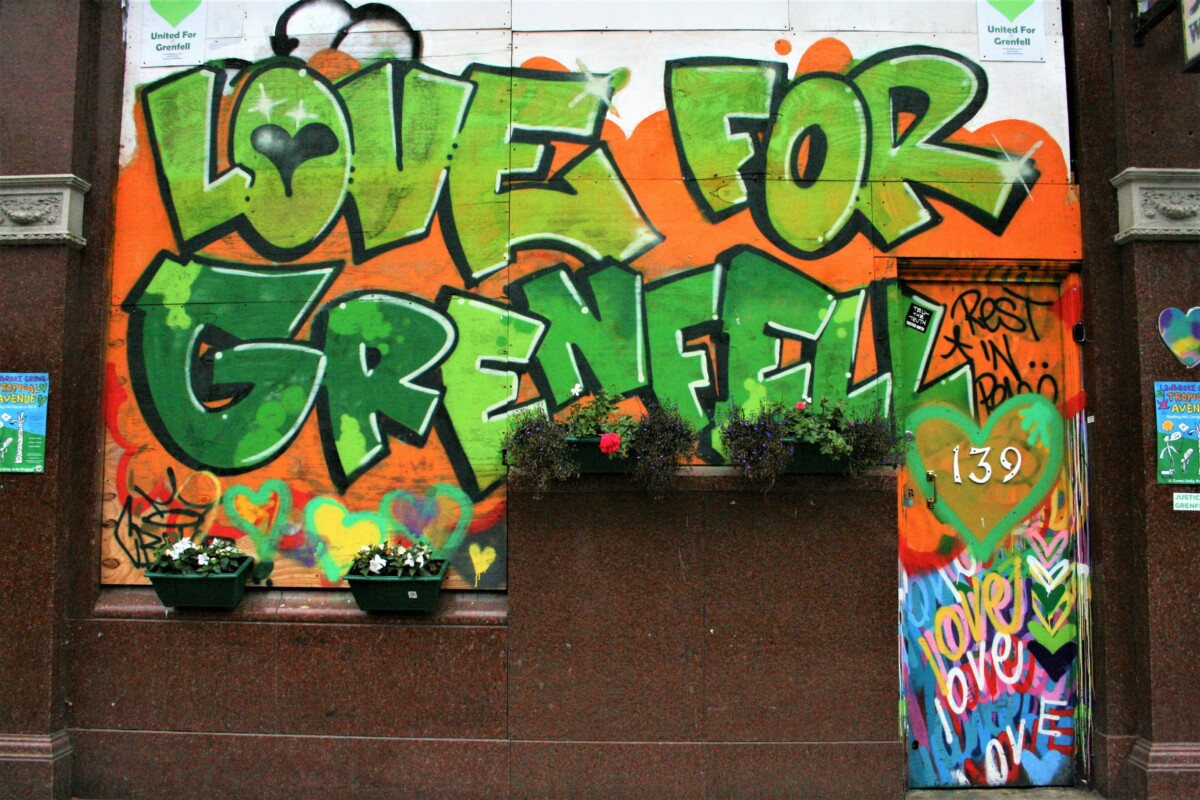Europe’s Tech Sovereignty Test: Can Values Withstand U.S. Pressure?
Listen to the full podcast episode on YouTube, Spotify, and Apple Podcasts.
Why Europe’s Tech Fight Matters
When Donald Trump threatened new tariffs on the EU for its digital laws, it looked like another trade dispute. But behind the politics lies a deeper question: who should set the rules for global technology, and whose values shape those rules?
For TECH by Handelsblatt, this debate is not about tariffs. It is about values. Managing Director Dale Rickert believes Europe must show that growth and integrity can exist together.
“Our rules are not for sale,” he says. “They protect the democracy we rely on.”
A Beginning in Music
Dale started his career far from politics. He was a professional cellist in Australia and Germany. In an orchestra, he says, you learn that harmony comes from teamwork, not ego.
“You play your part, and together you create something bigger.”
That experience shaped how he works today. Whether he is running events or building partnerships, he treats business as a collective performance. Everyone has a part to play, and success depends on collaboration, not competition.
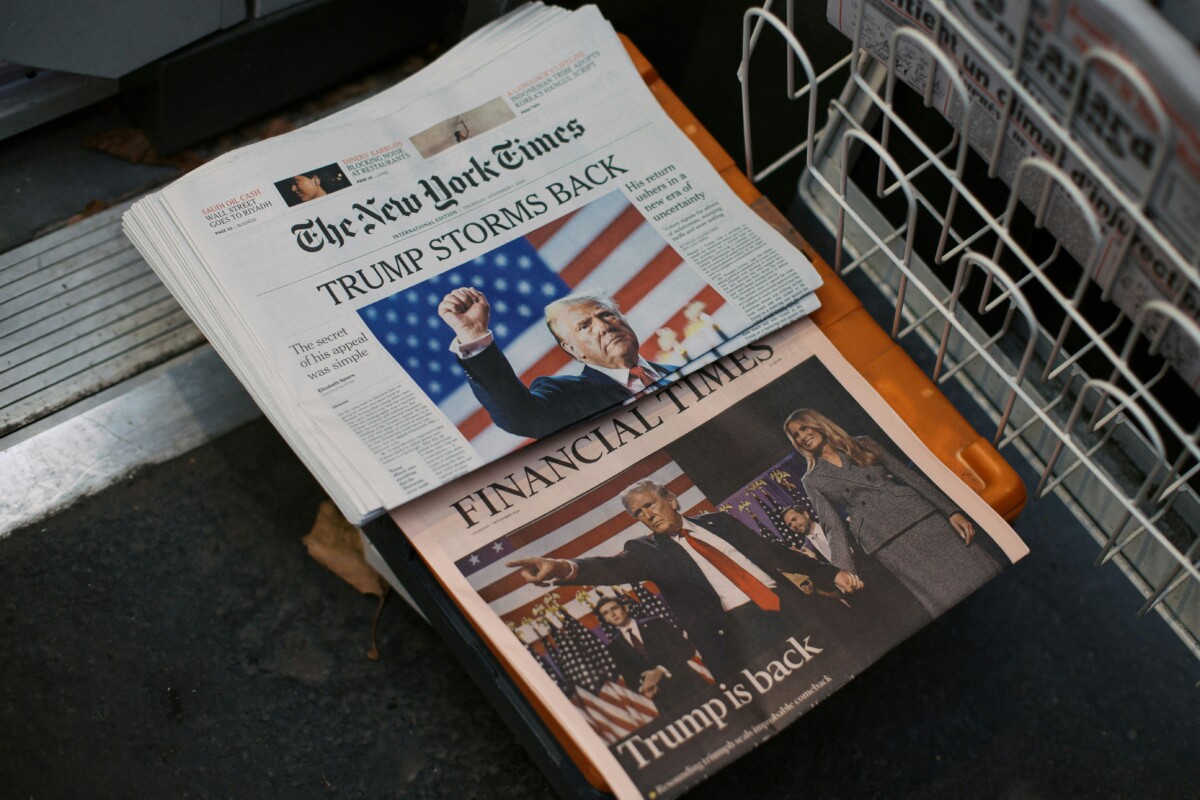
Building a European Vision
When Handelsblatt created TECH, the goal was to build a European platform where business and technology leaders could meet, share ideas and defend common values.
The idea came from a simple question: what does it mean to be European in business? For Dale, it means having a clear moral compass and protecting what matters most — trust, transparency and fairness.
The TECH Congress in Heilbronn has become a space for that conversation. Leaders, innovators and ministers come not only to talk but to listen and connect.
Europe Says: Our Rules, Our Future
The article that inspired this episode — EU defends sovereign right to regulate tech against Trump’s latest tariff threat — described how the U.S. called Europe’s digital laws “unfair.”
The EU refused to back down. Its Digital Services and Markets Acts ask tech giants to take responsibility for harmful content, data privacy and monopoly power. Europe’s answer to Trump was clear: the rules stand, and they exist for a reason.
The Moral Divide
Dale calls it a “paradigm war.” The U.S. often removes rules to help business grow. Europe creates rules to make sure growth stays fair.
It raises a bigger question: should technology be free from limits, or guided by ethics? Dale believes that regulation does not stop innovation. It makes sure innovation helps society instead of harming it.
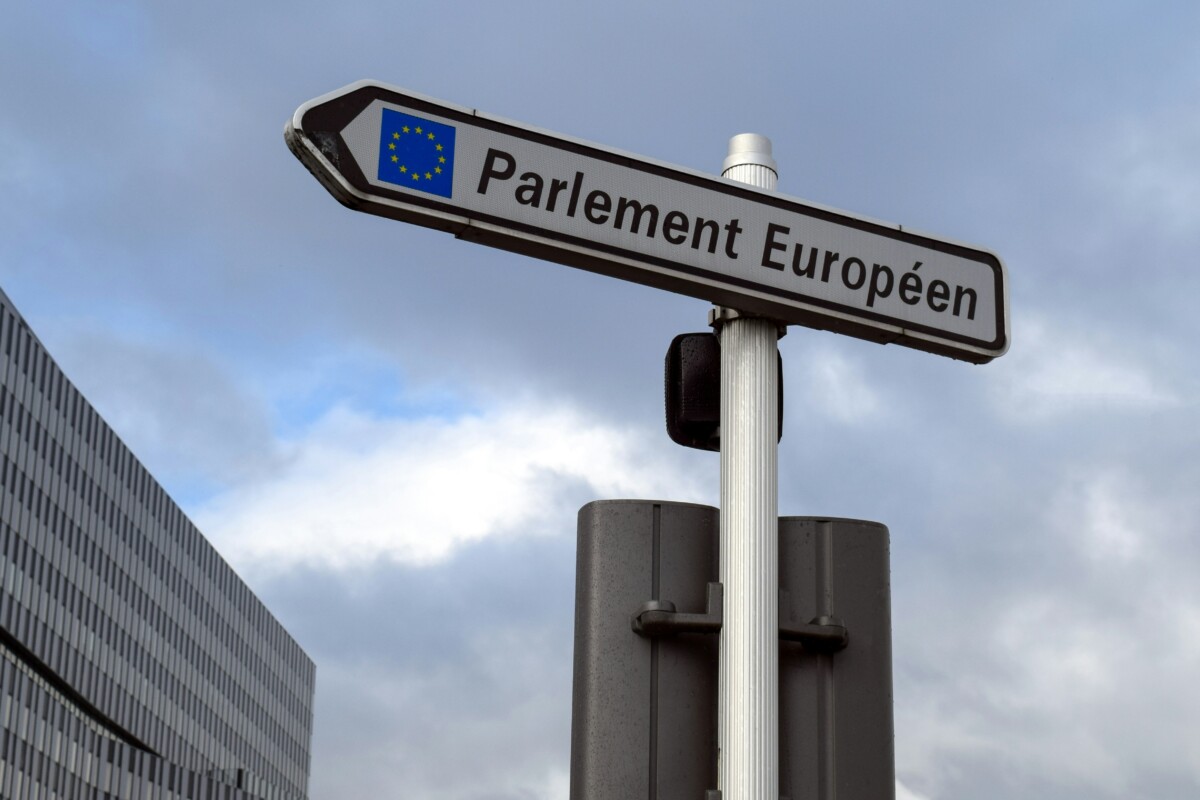
The Future of Digital Sovereignty
A less visible issue in this debate is data. Most European companies still use American cloud services. Under U.S. law, those companies could be forced to hand over user data if asked by their government.
Dale warns that Europe cannot build a strong digital future on foreign infrastructure. He supports the move toward “sovereign technology” — tools and systems built in Europe, under European law, with data protected by European values.
The Takeaway
For Europe to become a true tech power, it must balance growth with integrity. It needs to protect trust, even when progress feels slow.
Dale’s advice is simple: talk face to face. “It’s hard to hate someone when you sit with them,” he says.
“If we work together as people, not profiles, big problems start to shrink.”
Sponsored by...
truMRK: Sustainability Communications You Can Trust
👉 Learn how truMRK helps organisations strengthen the credibility of their communications.
Want to be a guest on our show?
Contact Us.
The Responsible Edge Podcast
Queensgate House
48 Queen Street
Exeter
Devon
EX4 3SR
Recognition.
Join 2,500+ professionals.
Exploring how to build trust, lead responsibly, and grow with integrity. Get the latest episodes and exclusive insights direct to your inbox.
© 2026. The Responsible Edge Podcast. All rights reserved.
The Responsible Edge Podcast® is a registered trademark.
Sponsored by truMRK
© 2026. The Responsible Edge Podcast


